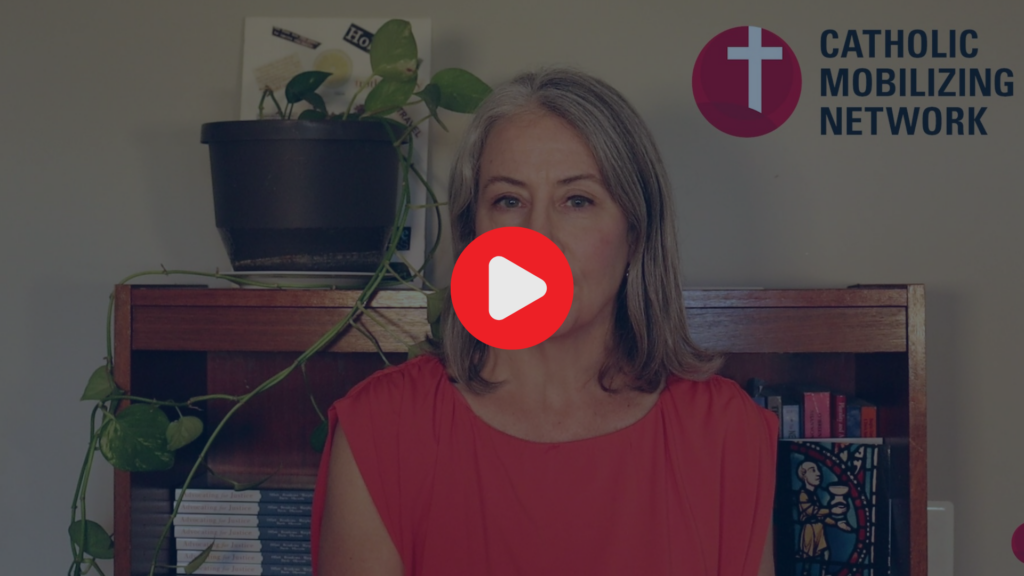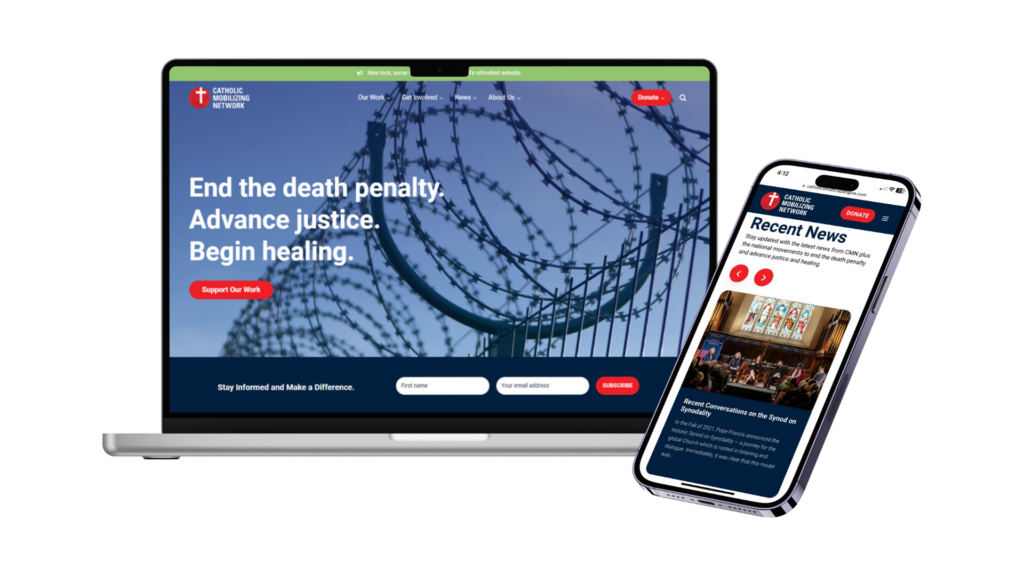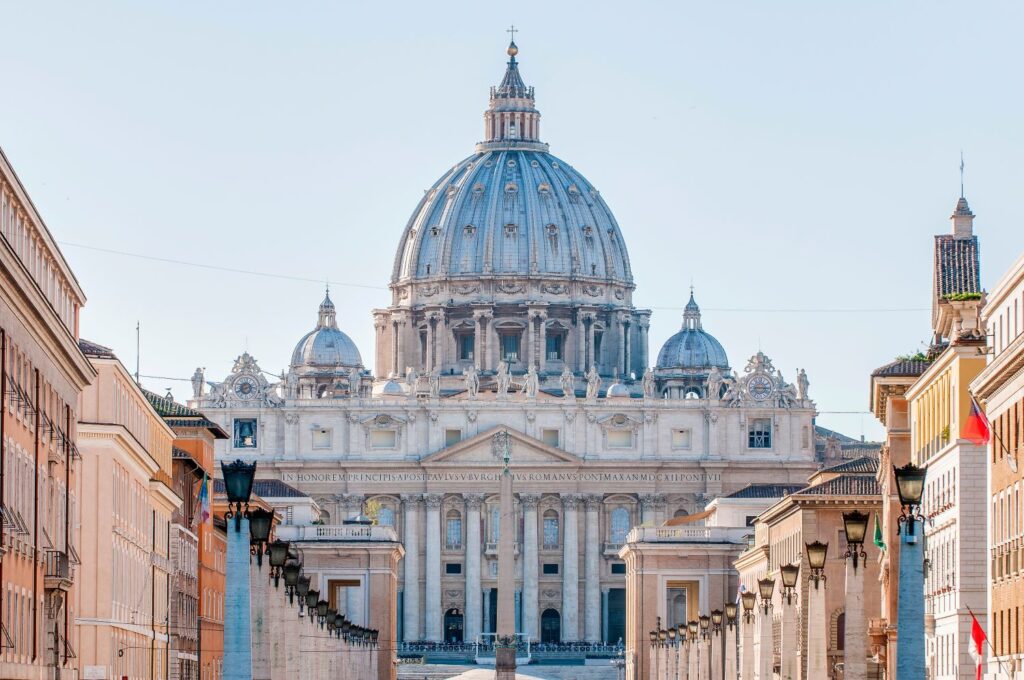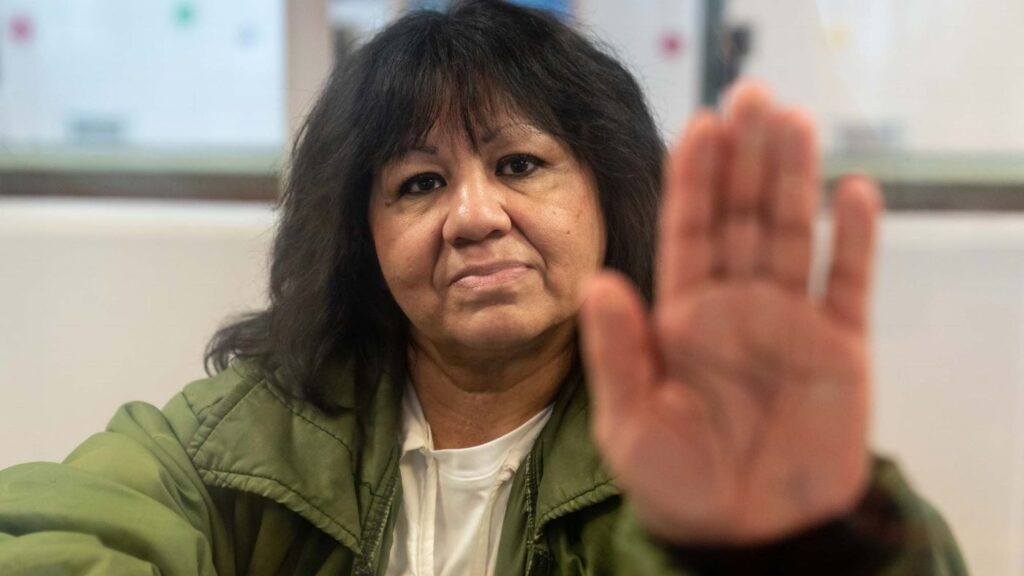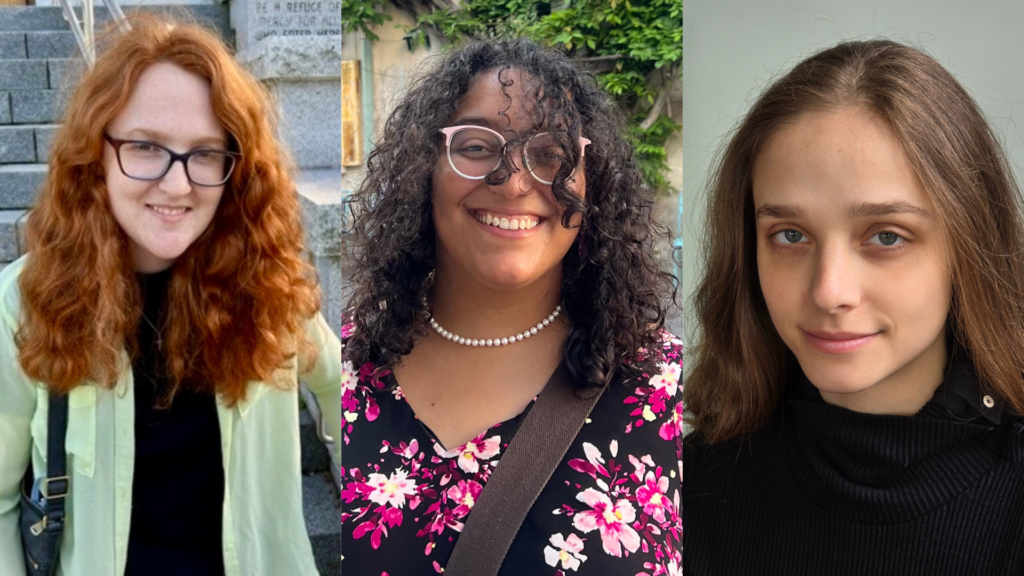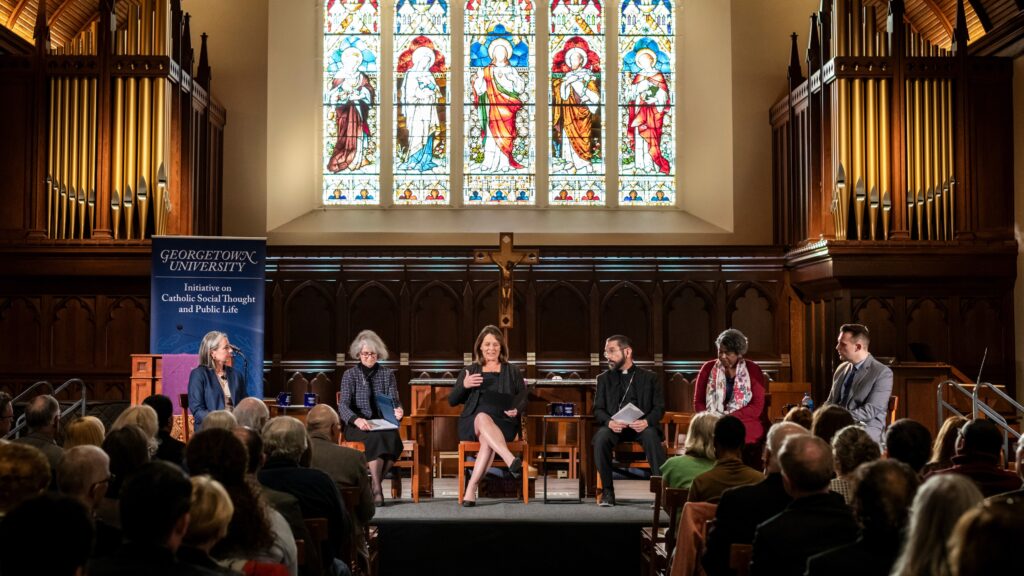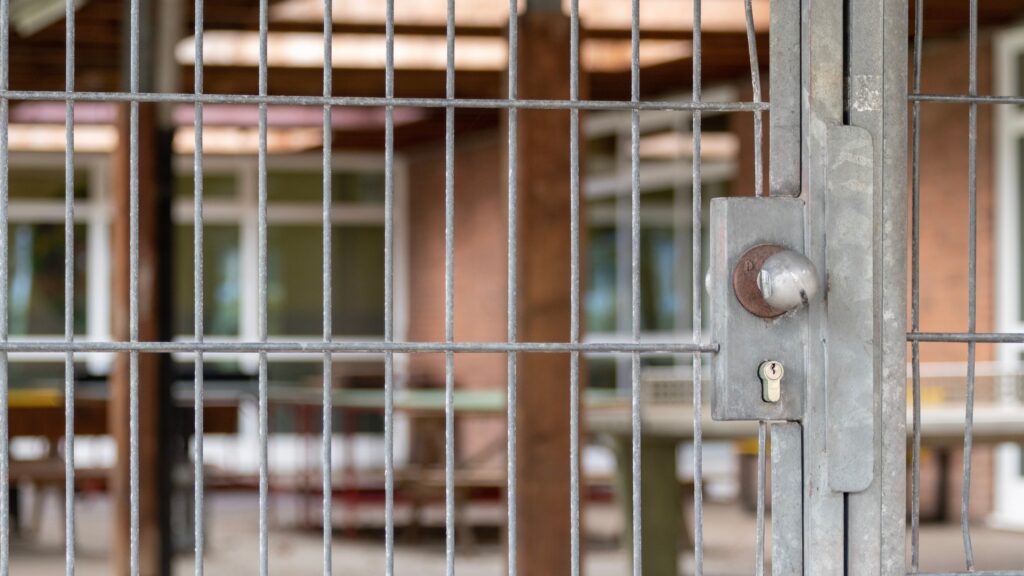Restorative Practices are Urgently Needed for the Latino/Hispanic Community
Lee esta reflexión en español.
In the past four years I have immersed myself in the study of faith-based restorative justice practices for pastoral ministry in the Latino/Hispanic community. I have been deeply troubled and challenged by the gap that exists between the growing presence of Latino/Hispanic people impacted by the criminal justice system and the shortage of faith-based resources.
There is a dire need to serve this community with restorative ministries that are culturally competent, evidence-based, and trauma informed.
After witnessing the severity of this need, there were three movements of the Holy Spirit that deeply transformed my heart, opened my eyes, and challenged me to do more.
The first movement involved hearing the stories of immigrant brothers and sisters that I have met in ministry, who have confided in me painful, personal experiences with the criminal justice system. Lack of support, resources, and general understanding of the rights to fair representation are common adversities in their stories. Additionally, the stigma of having a family member incarcerated is very present and demonstrates the lack of space in our parishes or ministries to open up our hearts, leaving families to suffer alone.
The second movement occurred during my participation in the V Encuentro Regional Meeting for Latino/Hispanic Ministry in Visalia, CA. Over 1300 Latino/Hispanic Catholic leaders and 22 bishops from the states of California, Hawaii, and Nevada gathered to reflect on the most important issues facing this community.
I had the honor to facilitate the session on care of the incarcerated and detained, also called “detention ministry.” The participants of this session included seasoned Latino/Hispanic parish leaders who volunteered in the jails and detention centers and passionate young community organizers trying to reform the criminal justice system. Together they established clear recommendations that emphasized spiritual formation and the incorporation of restorative practices.
To my surprise, only 3% of leaders in attendance joined this session, and only two other regions (out of 14) in the U.S. hosted a session in this ministerial area. There is a clear contrast, within the Catholic Church, between resources, expertise, and ongoing advocacy devoted to accompanying those impacted by immigration law versus those impacted by criminal law.
The third transformational movement of the Spirit started after I attended the National V Encuentro Meeting in Grapevine, Texas. I took the learnings from the session that I facilitated previously and shared the experience with colleagues and organizations across the country. I soon learned that not only are faith-based restorative justice resources for the Latino/Hispanic community challenging to find, but that there are very few practitioners for the level of need. In my region alone, it is estimated that 66% of Catholics are Hispanic/Latino. Our families — and especially our young people — are being equipped with tools and resources to respond to an immigration related arrest, but not to understand how to interact with the criminal justice system. A 2019 forum from the UCLA School of Law explored the experiences of the Latino/Hispanic community with the criminal justice system, and found that we are still in need of more data to comprehend the real scope of the stories that live with our people — many of which are laced with discrimination and racism.
In conclusion, we are in urgent need of pastoral projects that aim to help the Latino/Hispanic community navigate the Criminal Justice System in the U.S. There is a particular need for our Church to focus on restorative justice and how it is deeply connected with our Catholic faith and tradition of restoring relationships with God and one another. It is through such practices that true healing can begin to occur in these communities; especially for those who have been impacted in any way by the criminal justice system, those impacted by crime, and the community that holds them.
On November 2, 2022 we will offer some insights and best practices as part of the V Encuentro Ministerial Series that will be hosted online in both English and Spanish. All are welcome to participate!

